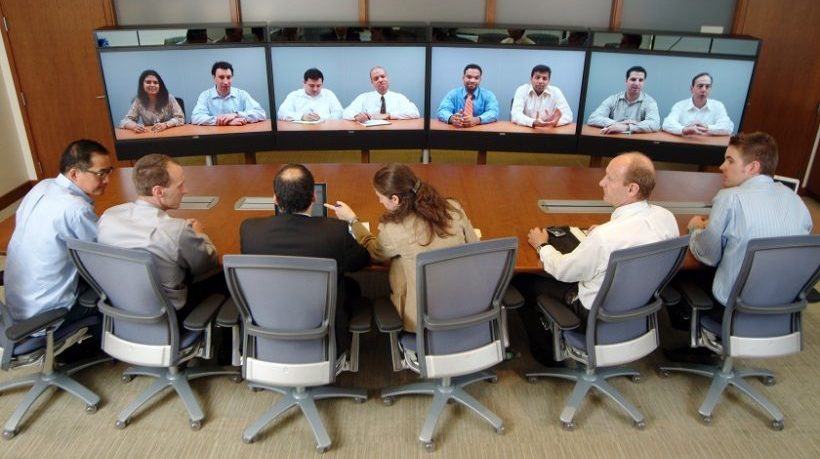Why Millennials Are The Future Of eLearning
eLearning started with distance education, which has its roots in post-based programs of the 19th century, but even after the invention of the internet, not many students boasted the technological savvy to feel confident and comfortable commuting to classes online. It was not until a big, new generation—one that crossed the boundaries of a particular millennium—that eLearning went from disreputable and disadvantageous to an outstanding educational opportunity. Millennials were the first major users of online education programs, and they continue to shape eLearning even today.
Millennials Grew Up With Technology
The first computer was invented in the 1940s, but computers didn’t reach the average consumer until the mid-‘90s—in the early era of millennial childhood. Millennials grew up with computers, and most owned a cell phone or smartphone by their teens. Thus, Millennials became the first generation of digital natives, who feel fully comfortable with technology and capable of making technology work for them.
To this generation, advanced tech is essential; Millennials operate best when equipped with some type of tech device, regardless of their environment or objectives. That is perhaps why, as greater portions of the millennial generation migrates into the workforce, the rates of self-employed and telecommuting workers have skyrocketed—and why eLearning has become so integral to the education system.
Even in traditional schooling, whether K-12 or higher education, Millennials rely heavily on computers to learn. In fact, in a study by the Mayo Clinic, researchers found that technology was among the highest priorities for Millennials in learning environments, alongside opportunities for collaboration and feedback. The transition to entirely online classes is not difficult for Millennials, who have experience and interest in working with technology, which is why eLearning is seeing such a boom as Millennials age.
Millennials Work Differently Than Older Gens
Previous generations’ idea of a successful career entails finding a job in the desired field and remaining with that original employer—ideally escalating through ranks of authority—for 40-plus years, until retirement. While that career path still sounds advantageous, it isn’t possible for most Millennials. Thanks to a handful of recessions and the emergence of the internet, few millennial workers hold down the same job for more than 4 years. What’s more, most Millennials are in the habit of changing not just their position or employer but rather their entire career.
Constantly requiring new skills and knowledge is another reason Millennials are so invested in eLearning. Similar positions at different employers have unique tasks that tap blunted abilities, so Millennials are in greater need of fast, convenient training—i.e. online courses. Total career changes require more extensive preparation, like advanced degrees. Because obtaining a higher-level position is more difficult than ever, the benefits of online MBA for Millennials are obvious: They can continue their current employment while honing their knowledge and skill for a higher-paying, more prestigious career in the future.
Then again, many Millennials are fleeing traditional employment altogether in favor of self-employment and freelancing opportunities. The gig economy has exploded in recent years; already, 1 in 3 Americans is an "independent worker," and experts predict that number to become 1 in 2 by 2020. Because millennial freelancers and entrepreneurs lack traditional opportunities for training and professional development, most turn to affordable eLearning outlets, driving change in the industry.
Gamification, Microlearning And Other Innovative Ed Styles Are Emerging
For Millennials, technology is fun, so even typically challenging and stressful activities, like learning, can be made more interesting and engaging with technology. The biggest changes Millennials are driving in the eLearning industry involve making education more exciting and effective. Here are 2 of the most notable shifts Millennials are likely to bring:
1. Gamification
Millennials love the sense of accomplishment provided by succeeding in games, so transforming education into a game is advantageous for this demographic. eLearning providers that turn educational efforts into play will see greater success in the industry.
2. Microlearning
More than other generations, Millennials are likely to recognize when an activity is not holding their attention and quit for something more interesting. Thus, eLearning providers should consider developing microlearning, which cuts education into bursts punctuated by breaks to keep learners active and engaged.








